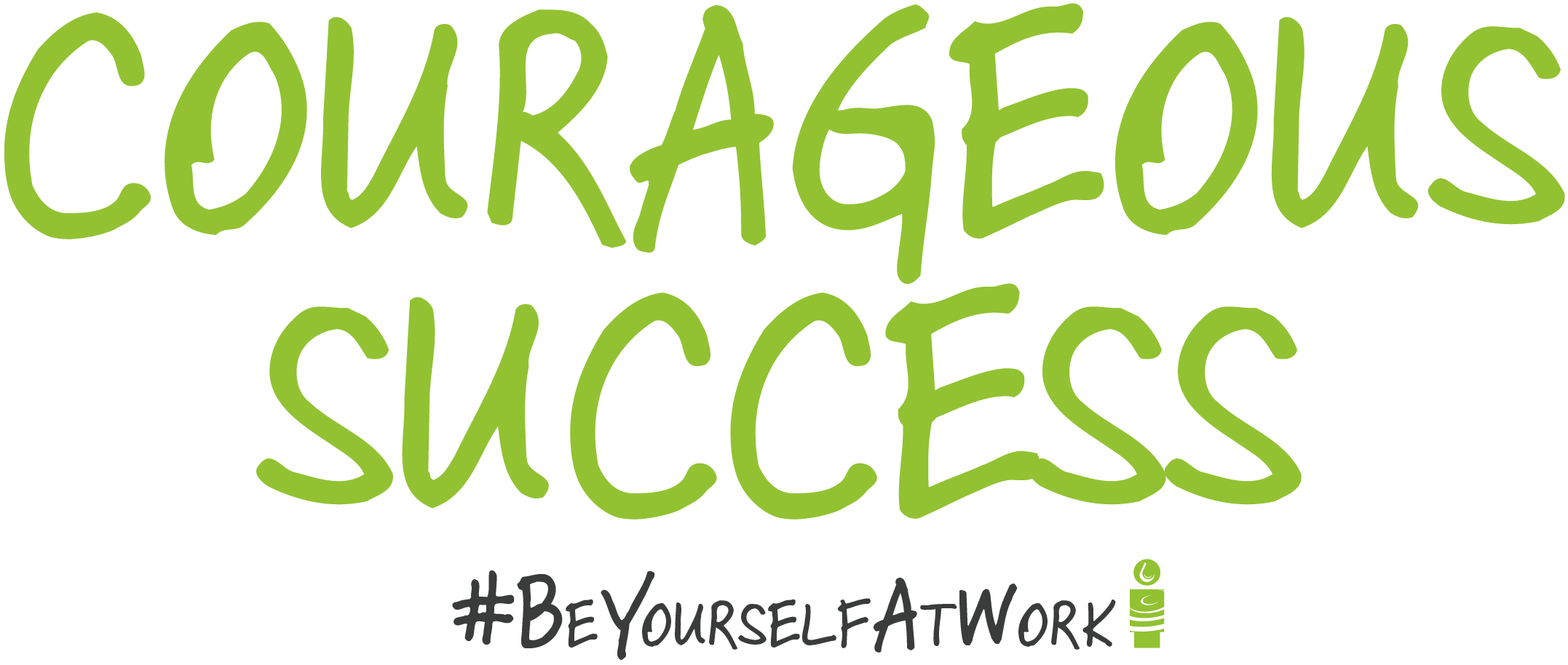Question 10 in the #beyourselfatwork survey asks:
How much do you feel you need to prove your competence at work?
What makes this question important in creating a trusting environment? Most of us feel that we need to prove something about our competence, and we find that this is generally driven from an underlying feeling of being judged for inadequacy in some way.
We see a huge difference in people who don’t feel that they need to prove competence, vs those who do. If you don’t push to prove, you let go, trust yourself more, ask others for help and become more human vs. robotic. You also shake off any ‘prove it’ strategies used to check for competence in others, thus opening up the working environment for creativity and open discussion.
So, proving competence, or improving confidence, which do you work on? The latter!
Jack Nasher, from Stanford University shares in a Forbes article, “one of the keys to displaying your expertise is a high level of confidence…confidence regarding your skills…underpin this with your successes, whether from past achievements or from experiences… Due to a mechanism known as the ‘confirmation bias’, others will believe in you and will confirm their assumptions – unconsciously. You should therefore avoid modesty regarding your core competencies, as people tend to confirm low expectations as well and would then search for weaknesses and shortcomings.”
A simple way to drive self confidence is through achievement. You set the goal, you decide to go for something, and you take pleasure in achieving it. Lots of people have been sharing on LinkedIn how New Year’s resolutions are a waste of time. Really? Setting yourself a goal is a waste of time? What rubbish! Research published in the Journal of Clinical Psychology shows that people who set New Year resolutions are 10 times more likely to achieve their goals. So, before you dump yours, remember research has shown that they work!
Tips for making them stick: Make them exciting. Keep it simple. Make a change with others or share your commitment. Be kind to yourself, don’t beat yourself up for any lapses.
In ‘The Power of Bad: And How to Overcome It’ the authors John Tierney and psychologist Roy F Baumeister, cite research that reveals a ‘Negative Golden Rule’. In our relationships with others we all remember the negative and bad rather than the good or even very good. Our brains are wired to focus on the negative and if you have a negative impact on others this is what sticks with them, and becomes their perception of you, all those other good things you do for them don’t make up for it or leave such a lasting impact.
So, how about a New Year resolution that is a Positive Golden Rule? Be kind, tolerant and aim have a positive impact on others.
